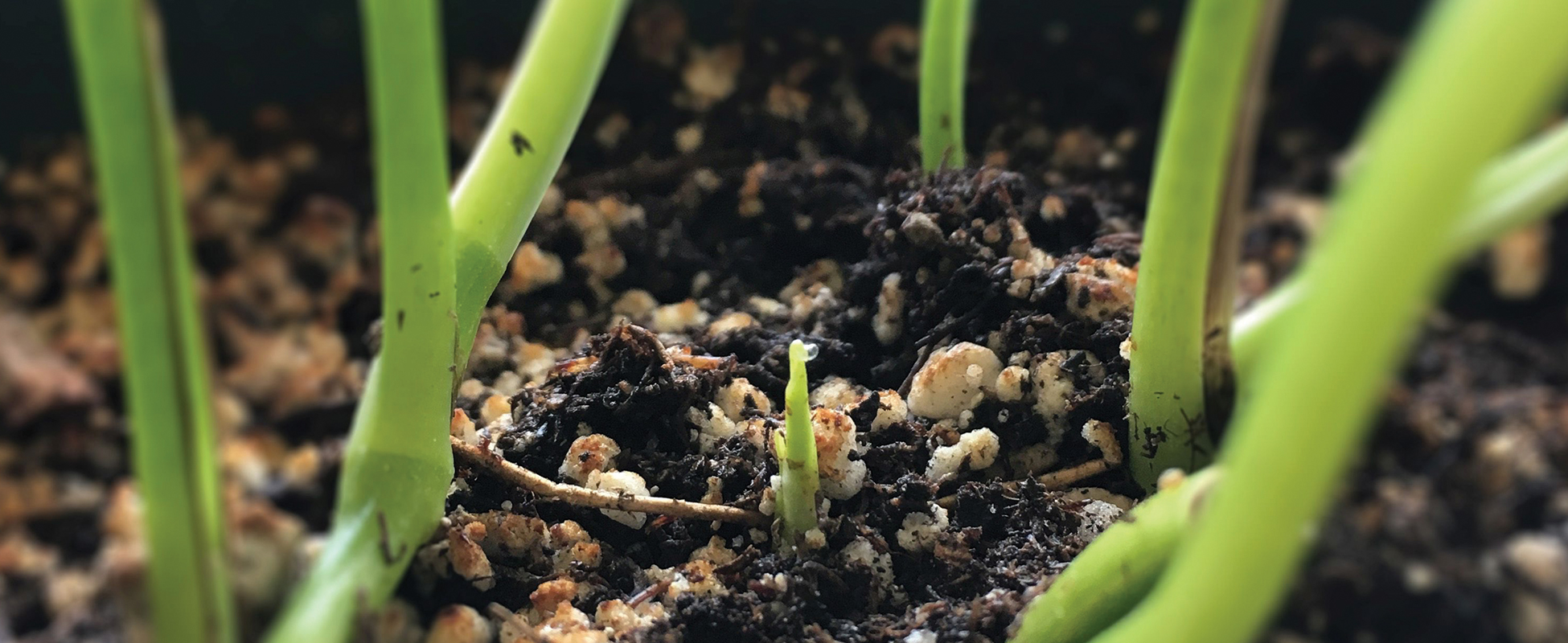Hardwood Silviculture Cooperative
The Hardwood Silviculture Cooperative (HSC) conducts high priority silvicultural research on hardwood species and mixed hardwood/softwood stands in the Pacific Northwest, with the goal of providing information that will improve the management of these stands.
